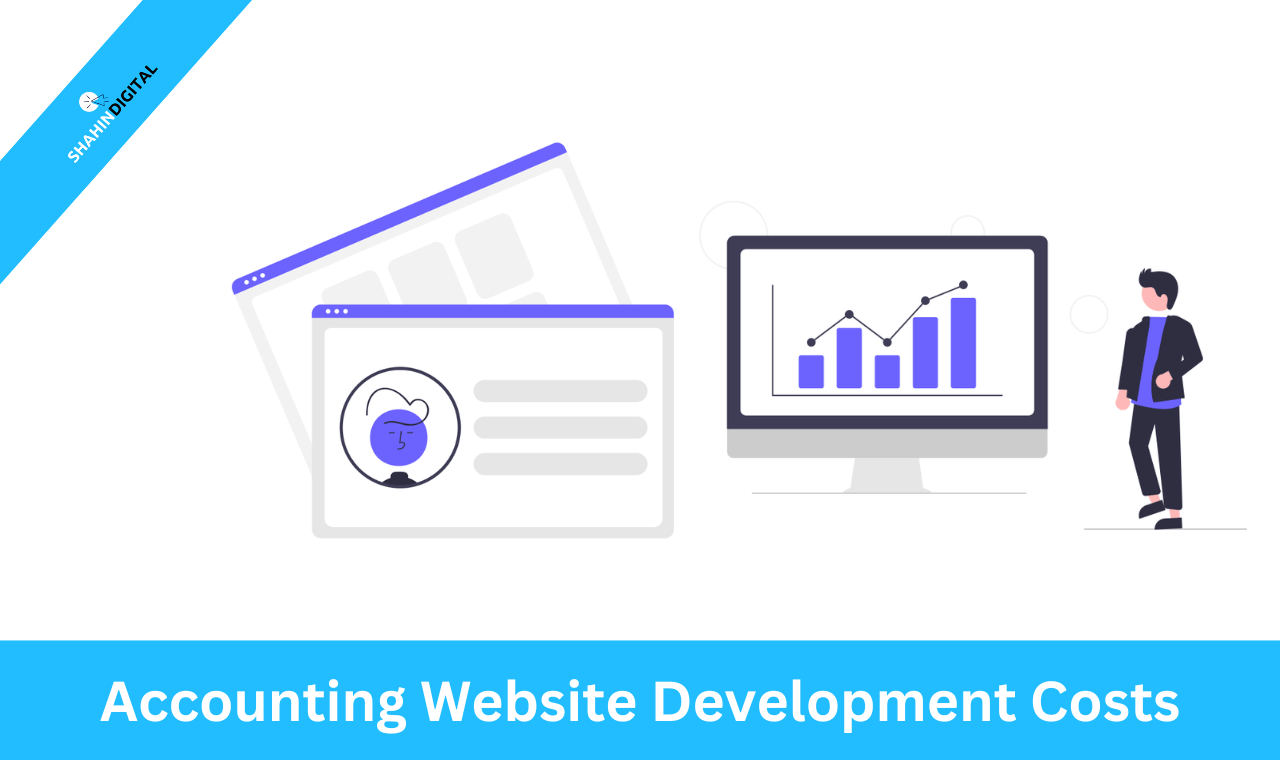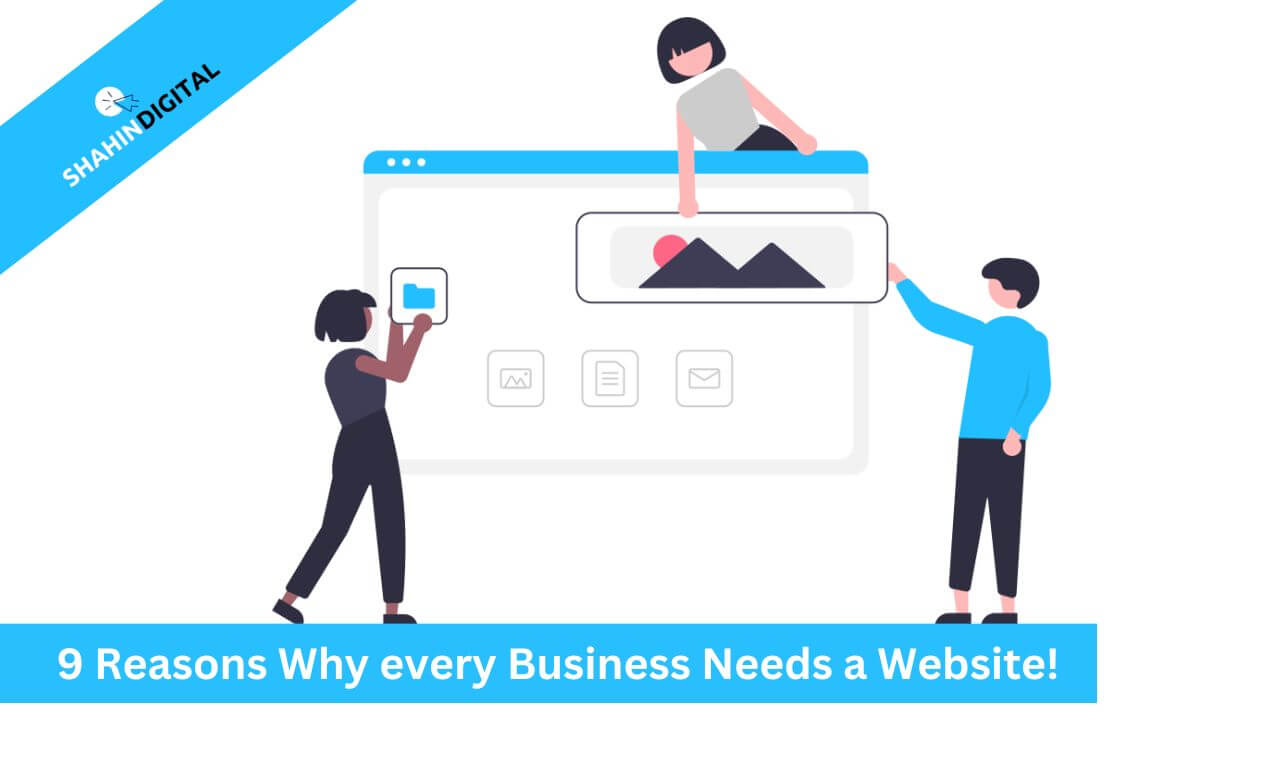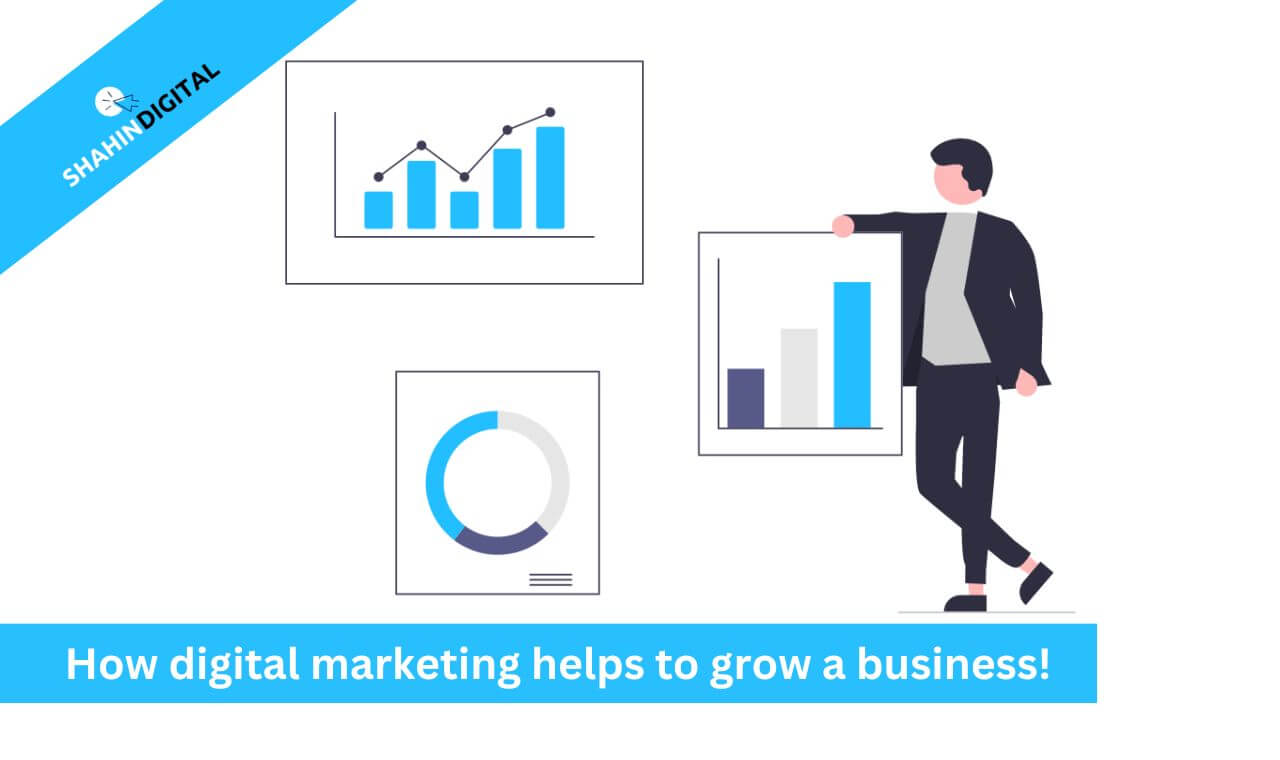In today’s digital age, having a robust online presence is essential for businesses of all sizes, including accounting firms. A well-designed website can help showcase your services, build trust with clients, and attract new business opportunities. However, before diving into the world of website development, it’s crucial to understand the costs involved and make informed decisions. In this blog post, we’ll unravel the intricacies of accounting website development costs to help you navigate this crucial investment.

The Initial Investment
When embarking on the journey of creating an accounting website, the first step is to determine your initial investment. This investment includes various components, each with its own cost considerations:
1. Domain Name and Hosting
Your domain name is your online identity, and selecting the right one is crucial. Domain prices can vary, with popular domains often costing more. Hosting, on the other hand, is the server space where your website will reside. Shared hosting is more budget-friendly, while dedicated hosting offers higher performance but at a higher cost.
Tip: Consider bundling domain registration and hosting services to save on initial costs.
2. Website Design and Development
Your website’s design and development costs can vary significantly depending on your requirements. If you’re looking for a simple, template-based website, costs may be lower. However, a custom-designed website tailored to your accounting firm could start from $500.
Tip: Clearly define your website’s objectives and functionalities to get accurate quotes from web developers.
3. Content Creation
Content is king in the digital world. You’ll need engaging and informative content for your website, including services pages, blog posts, and possibly video content. Content creation costs can vary depending on whether you write it yourself, hire a freelance writer, or work with a content agency.
Tip: High-quality content is an investment that can pay off in the long run by attracting and retaining clients.
Ongoing Costs
Once your accounting website is up and running, there are ongoing costs to consider for its maintenance and optimization:
1. Website Maintenance
Websites require regular updates to ensure they remain secure and functional. Maintenance costs can include software updates, security measures, and content updates.
Tip: Consider a maintenance package with your web developer to ensure your website stays up to date and secure.
2. Search Engine Optimization (SEO)
To improve your website’s visibility in search engines and attract organic traffic, investing in SEO is essential. SEO costs may include keyword research, on-page optimization, and link-building efforts.
Tip: A well-optimized website can lead to increased traffic and potential client inquiries.
3. Marketing and Advertising
Promoting your accounting website through digital marketing channels like Google Ads or social media can be an ongoing expense. Costs can vary depending on your advertising budget and strategy.
Tip: Start with a modest budget and monitor the performance of your ads to optimize spending.
Hidden Costs
In addition to the obvious expenses, there are some hidden costs to be aware of:
1. Mobile Responsiveness
With an increasing number of users accessing websites via mobile devices, ensuring your website is mobile-responsive is crucial. This may require additional design and development work.
Tip: Prioritize mobile responsiveness to reach a wider audience.
2. Legal Compliance
Your accounting website must adhere to legal standards, including privacy policies and accessibility requirements. Failure to do so can result in legal fees and fines.
Tip: Consult legal experts to ensure your website complies with all relevant regulations.
Cost-Saving Tips
To manage accounting website development costs effectively, here are some cost-saving tips:
- Plan Ahead: Clearly define your goals and requirements before starting the project to avoid unnecessary expenses.
- Open Source Solutions: Consider using open-source content management systems like WordPress to save on development costs.
- DIY vs. Outsourcing: Evaluate whether you can handle certain tasks, such as content creation or updates, internally to reduce costs.
- Regular Updates: Invest in regular website maintenance to prevent costly issues in the long run.
Quotes from the Experts
Let’s hear what some experts in the field have to say about accounting website development costs:
“Investing in a professional website is an essential step for any accounting firm looking to establish credibility and attract new clients. While costs can vary, remember that your website is an investment in the future of your business.” – Jane Doe, Web Developer
“Don’t cut corners when it comes to website security and compliance. Failing to meet legal standards can result in costly consequences. It’s better to invest in compliance from the start.” – John Smith, Legal Consultant
In Conclusion
Understanding accounting website development costs is crucial for making informed decisions about your online presence. By breaking down the initial investment, ongoing expenses, and hidden costs, you can budget effectively and create a website that not only showcases your accounting services but also provides a strong return on investment. Remember that your website is a reflection of your firm’s professionalism and expertise, so investing wisely in its development and maintenance is key to your long-term success.
Read Also:




